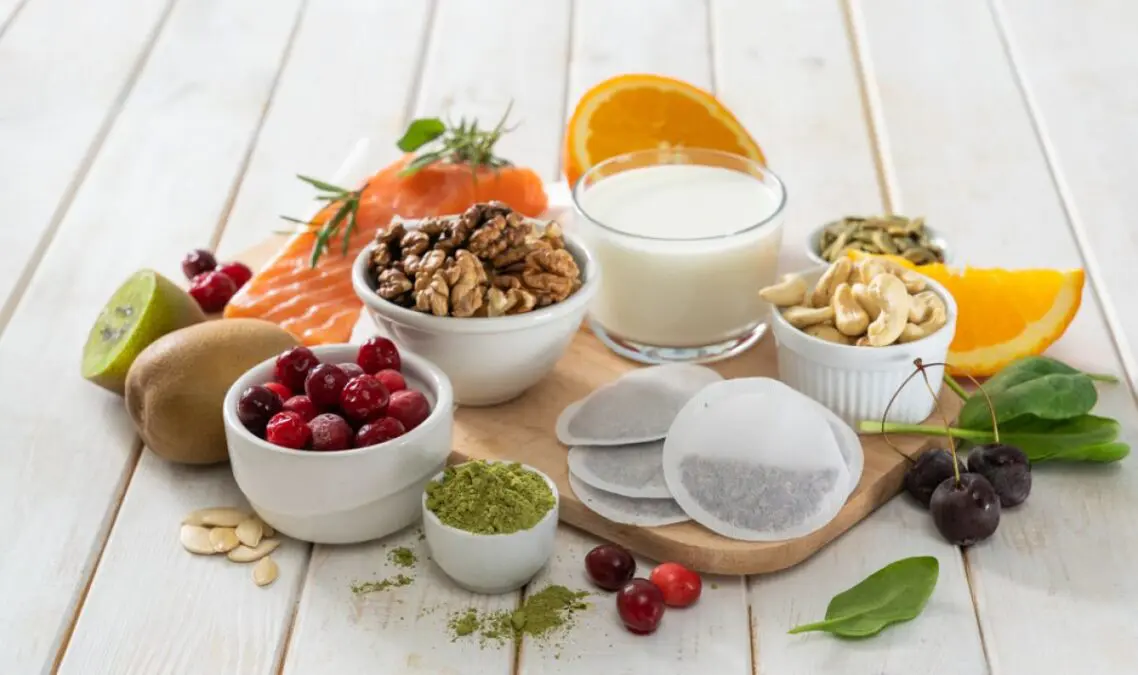The body produces this hormone when it gets dark and it’s time for sleep
The body produces the hormone melatonin when it gets dark and it’s time for sleep. At two o’clock in the morning melatonin is in its highest concentration. Since sleep is essential for the functioning of the body, it is important to have optimal levels of melatonin, writes the site Puls.bg.
Which foods contain melatonin?
Some foods contain melatonin, which can add to that synthesized by the body and thus help us sleep better.
Pistachio is the richest in melatonin.
One serving of 30 g peeled pistachios contains 6 mg melatonin, an amount comparable to that provided by some supplements.
Based on studies with melatonin supplements, a dose of up to 10 mg is considered safe and the best time to take it is one to two hours before bedtime.
When taking anticoagulants or medicines for epilepsy, a doctor should be consulted to assess the benefit / risk balance.
What is the content of melatonin in food?
Other foods that contain melatonin are mushrooms and whole grains.
– Pistachio: 230,000 nanograms of melatonin per gram;
– Mushrooms: 4300 to 6400 nanograms per gram;
– Oats: 91 nanograms per gram;
– Cherries: 10-20 nanograms per gram;
– Tomatoes: 1 to 67 nanograms per gram
While pistachios can be relied on to increase melatonin levels, the best way to support their endogenous production is to reduce the intensity and brightness of the light we are exposed to at night.
Dimmed and warmer light is best during the hours before bedtime.
When we go to bed, it is important that the darkness in the room is absolute.
What are the benefits of melatonin?
Melatonin is produced by the pineal gland and is responsible for regulating the circadian rhythm of sleep and wakefulness.
In addition to improving sleep, melatonin is also involved in controlling immune function, blood pressure and levels of cortisol, the hormone of activity and stress.
Melatonin not only promotes sleep, but is an antioxidant with beneficial properties, especially on some organs, such as the eyes, stomach and ears – it can reduce tinnitus.
There are studies that show how melatonin can prevent glaucoma and age-related macular degeneration, as well as maintain visual acuity.
As for the stomach, melatonin can prevent reflux and heartburn.
Contributes to better sleep
A study of 50 people suffering from insomnia showed that taking melatonin two hours before bedtime helps people fall asleep faster and improves overall sleep quality.
Another analysis of 19 studies in children and adults with sleep disorders showed that melatonin reduced the time needed to fall asleep, improved quality and increased overall sleep time.
Reduces the symptoms of seasonal depression
Seasonal affective disorder, also called seasonal depression, is due to the reduced number of hours of daylight, which is why it manifests itself in late autumn or early winter.
According to a study of 68 people, taking melatonin capsules daily was effective in reducing symptoms.







